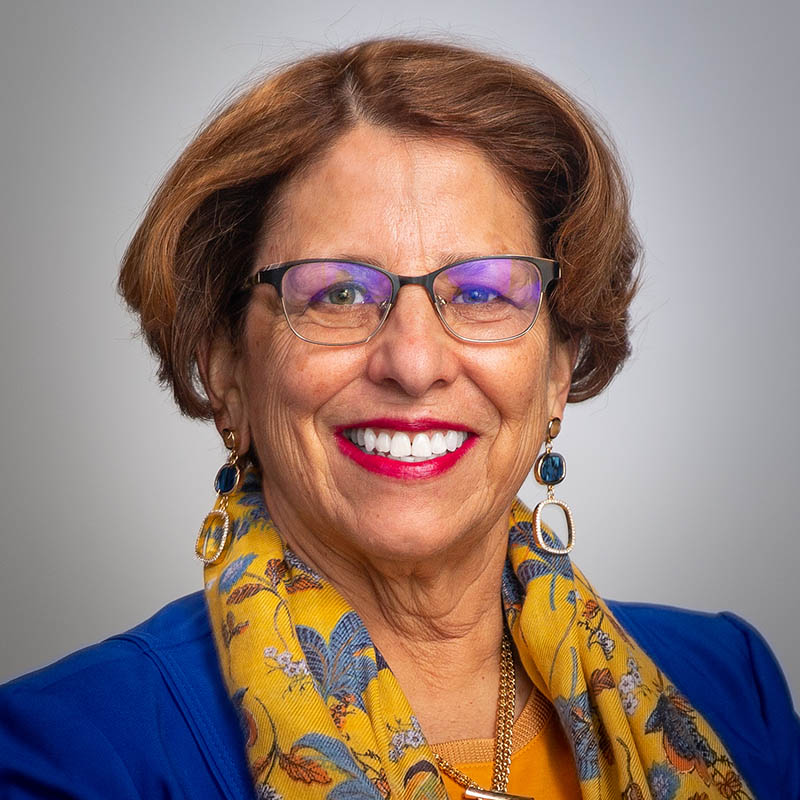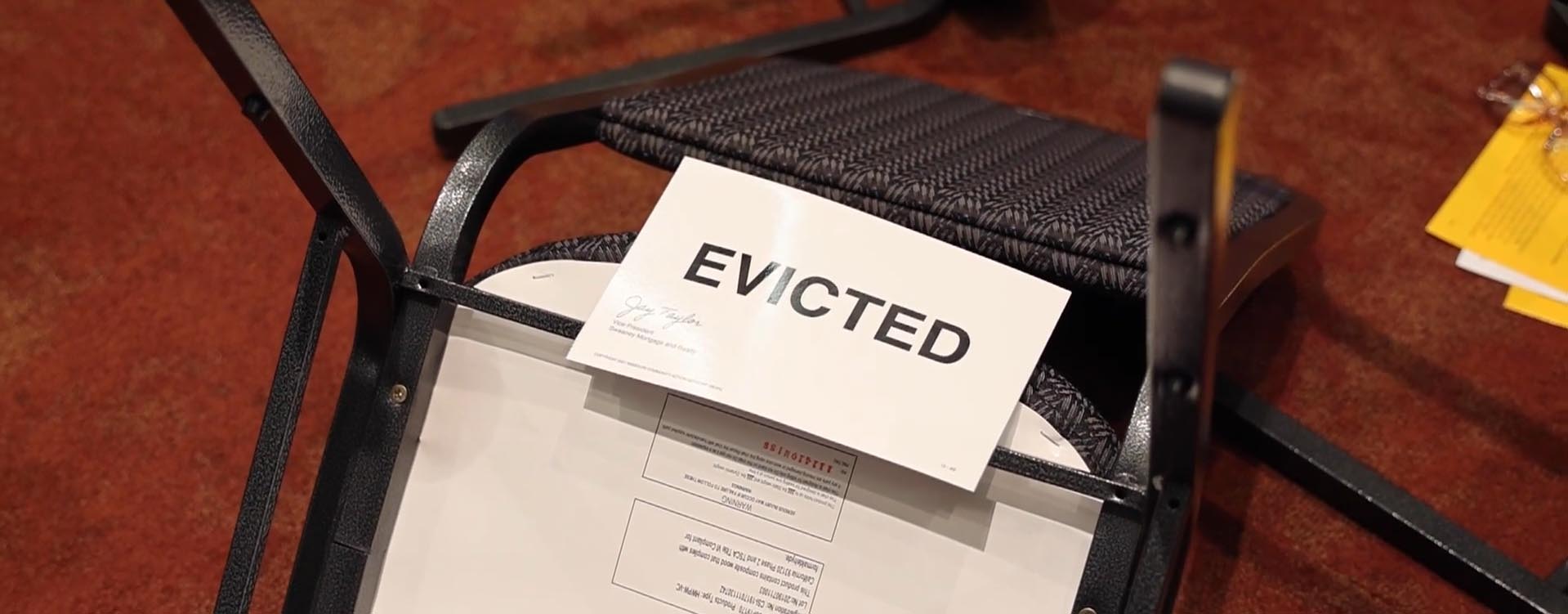The University of New Mexico College of Nursing prepares students to navigate clinical experiences – and to do so with empathy.
Part of a student’s preparation, said Carolyn Montoya, PhD, RN, the College’s interim executive vice dean, is understanding what life is like for people living in underserved communities.
Enter the Community Action Poverty Simulation, an interactive experience in which participants were assigned to play the roles of family members living in poverty. On Friday, Sept. 23, nursing students were given a glimpse into the structural barriers of poverty.
“The simulation gives students a chance to experience what their future patients may face on a day-to-day basis, gaining empathy and understanding,” Montoya said.

The simulation gives students a chance to experience what their future patients may face on a day-to-day basis, gaining empathy and understanding.
Montoya started her pre-event presentation with five very important words: “This is not a game.”
“We’re here to learn,” she said. “This simulation encourages people to think about what it’s actually like to live below or hover around the poverty line.”
During the two-hour immersion, participants were assigned to “families” doing their best to survive week to week over the course of a month. The simulation presented participants with real-life scenarios and challenges faced by people living in poverty, followed by a group debrief where students reflected on the experience and discussed their insights.
Each simulated week lasted 15 minutes, during which families were asked to secure food, shelter and other basic needs by accessing various community resources, such as grocery stores, health care clinics, social services, government agencies and more – all while managing jobs, school and family life. About a dozen volunteers played the roles of resource providers set up at different tables around Ballroom C in the UNM Student Union Building.
Montoya said most students found that the scenarios are very different from their own lives, and that they learned firsthand about the challenges of overcoming family hardship.
One participant, Michael Baker, a PhD student in Nursing Science, said he learned a lot from the experience.
“This exercise is a really great one in bridging the gap between what we see on paper and what we see in real life,” he said. “For someone like me who doesn’t live in that environment, I can really experience the struggles that someone goes through, instead of just reading about it in a book.”
At the beginning of the workshop, Baker was given the role of “Albert,” an unemployed, married father of three. During the simulation, he was expected to pay the bills, watch his three children and try to find a job.
“It was very chaotic,” Baker said. “While trying to manage the family’s finances and keep us above water, I also had to make sure the kids were staying out of trouble – which I honestly didn’t do a good job of doing. It was really hard.”
This event was supported by funding from the U.S. Department of Health and Human Services and a Health Resources and Services Administration Advanced Nursing Education Workforce Grant.
Montoya and Mike Kisner, a College of Nursing program specialist, used the grant funds to purchase a kit for the poverty training from the Missouri Community Action Poverty Simulation and attended a training on how to facilitate it.
“As an administrator, you can often get closed off in your little bubble, and this simulation reminds me of student issues – it reminds me to be humble,” Montoya said. “I always learn something when we do these.”
